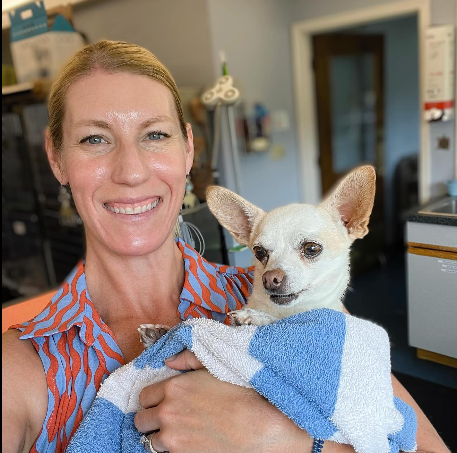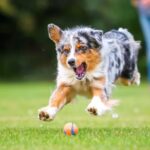Have you ever caught a whiff of your dog’s fishy breath and wondered what causes that smelly odor? There are several possible reasons behind foul fishy breath in dogs. The good news is that in most cases there are steps you can take to freshen up your dog’s fish breath.
Determine The Cause
The first step is determining what’s behind your furry friend’s stinky breath. Potential causes include:
Food: Eating fishy foods like canned sardines or tuna results in noticeably fishy dog breath. This is harmless. Simply brushing their teeth helps freshen breath.
Gum Disease: Just like in humans, gum inflammation from plaque buildup (gingivitis) produces foul breath. Treating gum disease stops this.
Tooth Infection: Serious tooth infections, dental abscesses and cracked teeth can lead to extremely smelly dog breath. This requires veterinary treatment.
Kidney Problems: Some systemic diseases like kidney failure or diabetes cause strange breath odors due to metabolic changes. Diagnostic testing is needed.
Foreign Object Lodged In Mouth: Sticks, bones, or other objects caught in mouth crevices trap bacteria and food particles that quickly sour. Removing stuck objects fixes this issue.
Fish Oil Supplement: Fish body oil supplements usually produce temporary fish breath in dogs, especially if given right before kisses! Switching supplements or timing it apart from snuggle sessions helps tremendously.
As you can see, most causes of fishy dog breath can be remedied with simple solutions. Severe halitosis may require antibiotics and dental work but isn’t normal. Now let’s explore specific treatment options to freshen up your dog’s fishy breath for good!
Improve Dental Hygiene
The most common source of stinky breath in dogs is poor dental care allowing plaque and tartar buildup. Bacteria and food debris rapidly break down in mouth crevices and produce foul gases. Sticking to a thorough oral hygiene routine reduces bad breath substantially by limiting bacteria.
Brushing your dog’s teeth daily is ideal, focusing especially on the rear molars where plaque accumulates most. Choose dog toothbrushes and toothpastes from pet retailers to make brushing safe and appealing. Give dental treats and chews to also scrape away bacteria between brushings.
Having your veterinarian perform professional dental cleanings to scale away plaque, plus dental exams checking for diseased or injured teeth improves oral health. Addressing gum disease and tooth problems eliminates sources of infection and discomfort contributing to halitosis.
Consider Diet Adjustments
Kibble texture and ingredients impact oral health in dogs substantially. Dry extruded foods do little to clean teeth or freshen breath compared to foods with more natural cellular structures. This allows food particles to collect on tooth surfaces.
Switching your dog to a raw, home cooked or wet food diet reduces plaque buildup and improves breath freshness. The moisture content also flushes the mouth more effectively. Some dental diet kibbles clean better too but may still permit bacteria accumulation without brushing and professional dental care.
Evaluate Supplements & Treats
Determine if high protein or fish oil supplements correlate to the timing of your dog’s fishy breath episodes. These supplements notoriously cause temporary but fairly intense fishy dog breath. Switching supplements or brands can help tremendously, along with keeping treats to only occasional higher value rewards during training sessions.
Eliminate Stuck Food & Objects
Carefully examine your dog’s entire mouth for any signs of stuck objects lodged in the gums or tooth crevices or injured teeth with exposed pulp chambers. Food sticks, bones, sticks and other debris caught in the mouth quickly sour and produce foul odors. This requires veterinary care for safe removal and oral injury treatment.
Monitor Kidney Health
If your pup has excessive thirst, increased urination or weight loss along with fishy breath, this points to possible metabolic diseases like kidney and liver disorders developing. Have your veterinarian run bloodwork to evaluate organ function since dental disease doesn’t fully explain those symptoms in combination. Address underlying disease for the fullest recovery of oral health and fresh breath.
Quarantine Recent Dental Work
Puppies losing baby teeth or adult dogs recovering from intensive dental procedures often have temporary bad breath. Extractions, gum injury and other factors during healing can contribute to oral bacteria overgrowth. This usually resolves in a few weeks. Check with your vet to ensure proper recovery if mouth odors persist beyond one to two weeks after dental work.
Freshen Breath Between Brushings
If your pooch already follows good dental hygiene but still has occasional fish breath, some extra help between teeth brushing provides noticeable improvement. Safe and highly effective options include:
Dental wipes and gels containing chlorhexidine applied to the gums kill odor causing mouth bacteria for hours at a time without altering natural oral flora balance long-term.
Probiotic mouth sprays introduce beneficial strains shown in canine studies to dramatically reduce bad breath causing bacteria while supporting better oral pH balance and dental defense.
Diluted mouthwashes containing cetylpyridinium chloride (CPC) antiseptic preparations reduce sulfur gases from halitosis safely when used properly at correct concentrations. Never use human mouthwashes at full strength.
Dental water additives, gels and chews utilize natural ingredients like zinc, vitamin C, yucca, parsley, mint, coconut oil and chlorophyll to alter mouth chemistry, making it harder for smelly bacteria to produce foul gases. These work best alongside brushing and dental cleanings.
As you can see, several approaches exist to tackle bad breath problems in dogs. Finding the root cause then applying tailored hygiene and health solutions offers the best success combatting mouth odors long-term. Motivating your pooch to accept brushing may take time and positive reinforcement but pays off hugely for their comfort, oral health and breath freshness for years to come. Snuggle up and enjoy their clean kisses!

Dr. Allison Kramer is a seasoned veterinarian with a Master’s degree in Animal Behavior and over 10 years of experience specializing in canine health and behavior. Her expertise in positive reinforcement training and holistic care enhances the well-being of dogs and fosters strong pet-owner relationships. For expert advice and valuable insights, follow Dr. Kramer on Instagram @dr.allisonkramer.





